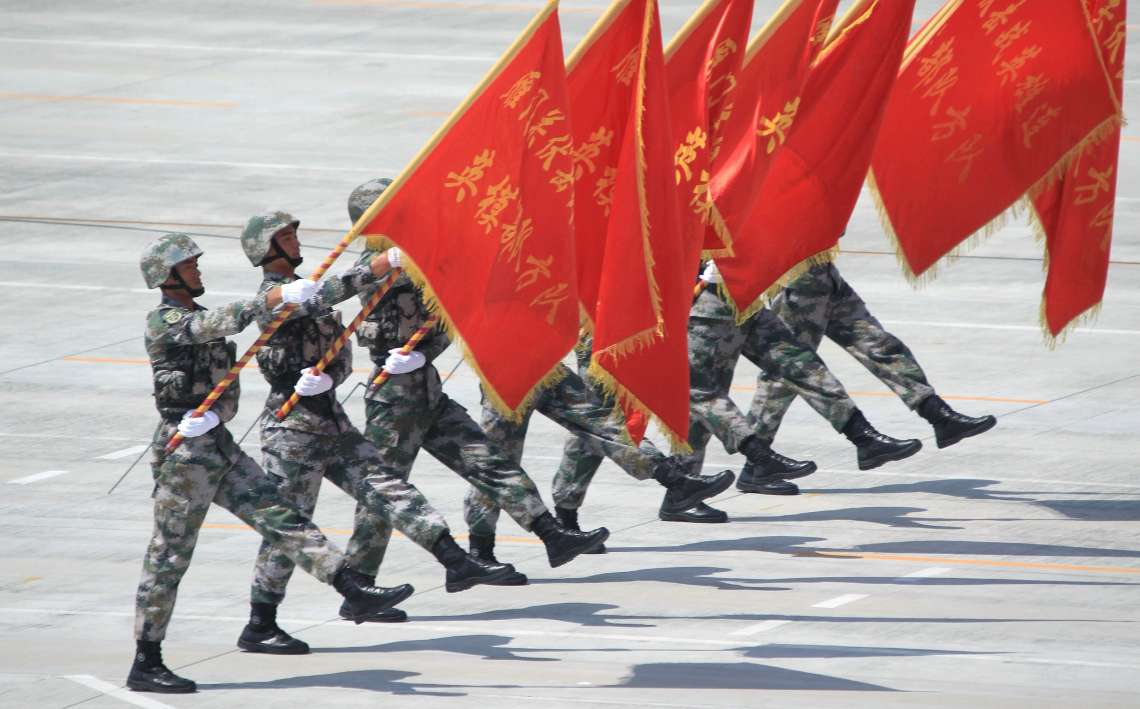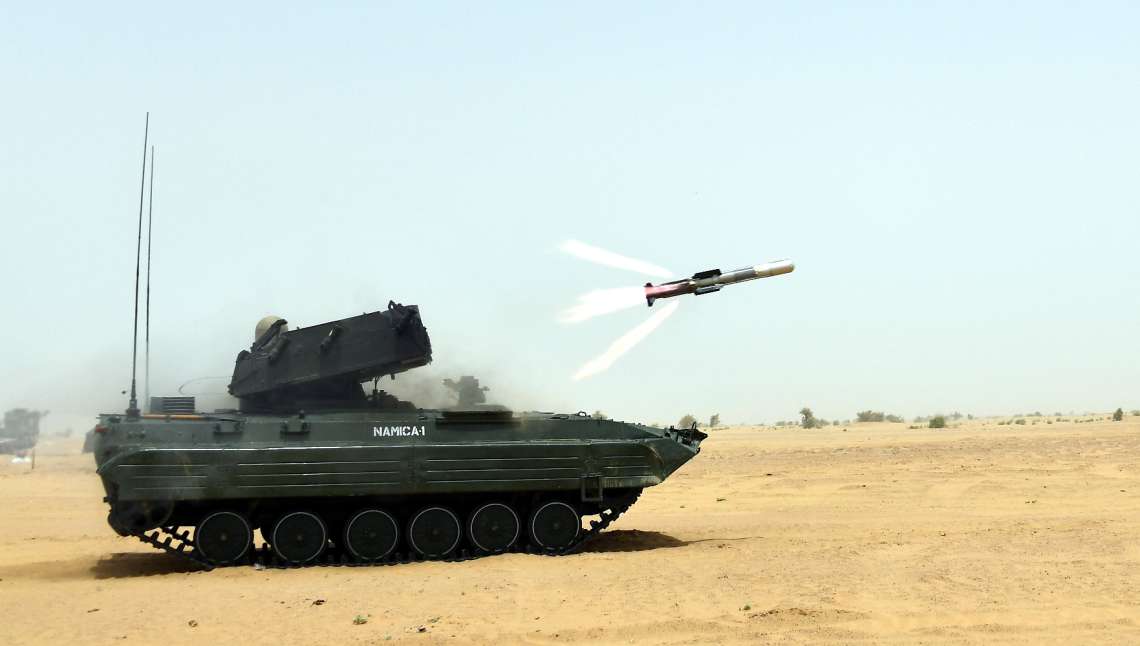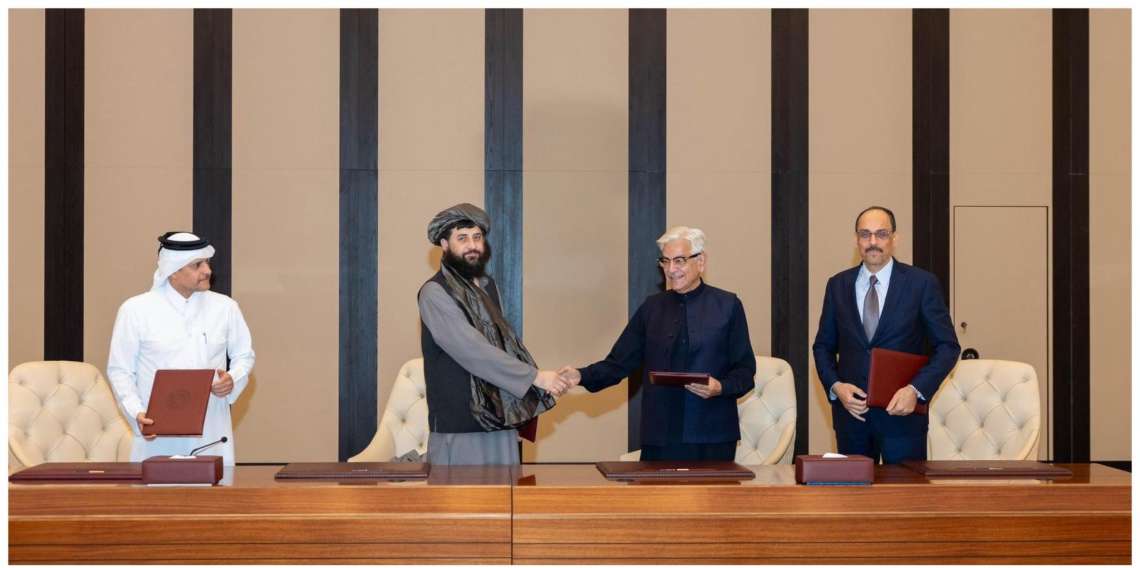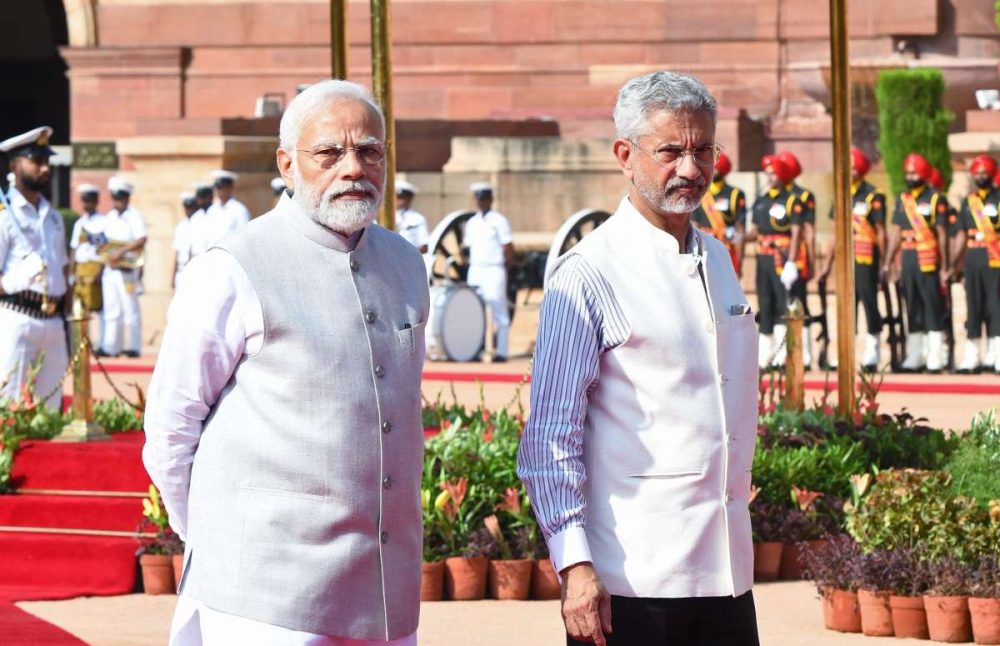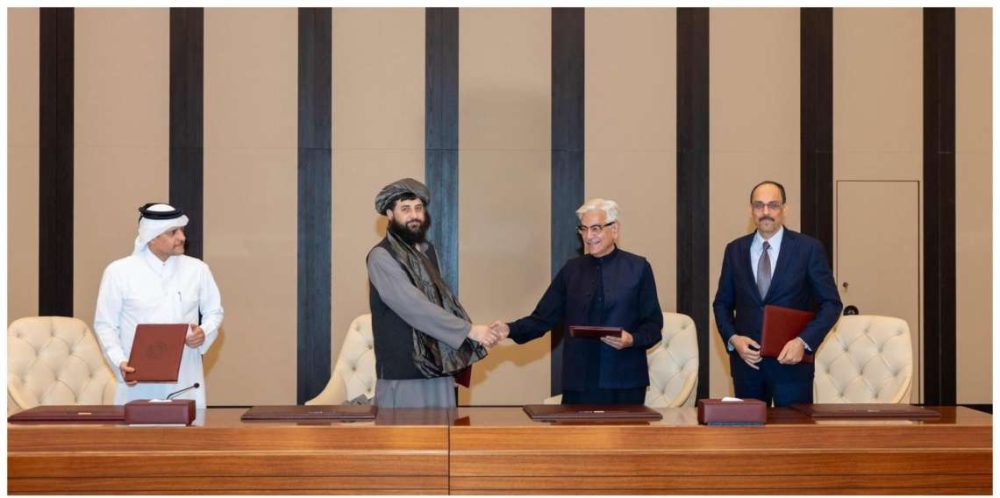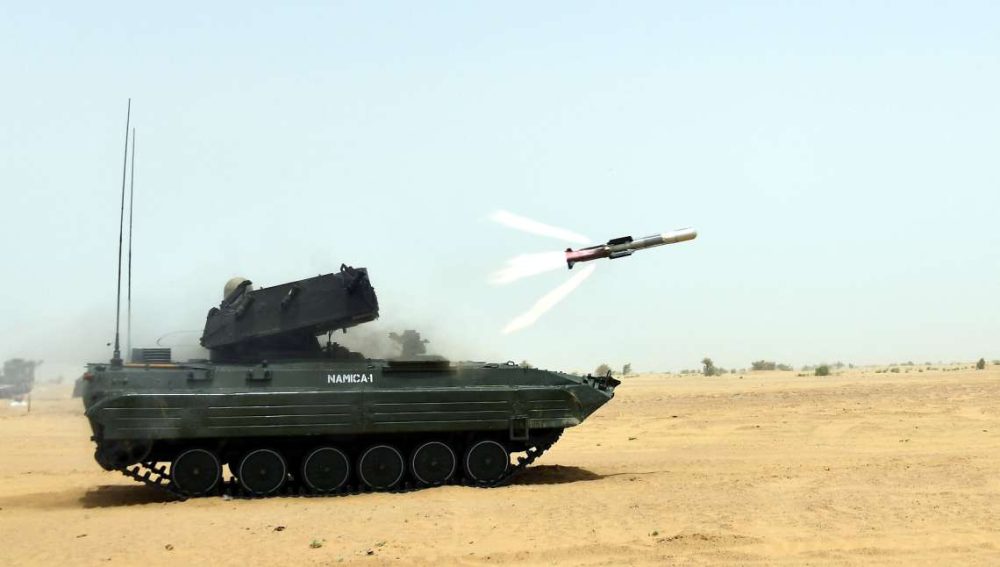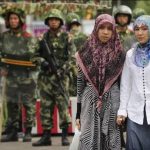As Xi Jinping’s Fourth Plenum convenes in Beijing, China faces deepening economic troubles, deflation, and internal rifts within the Communist Party, despite official claims of progress and stability….reports Asian Lite News
The Chinese Communist Party (CCP) convened the Fourth Plenum of its 20th Central Committee in Beijing on October 20, with state media hailing it as a strategic meeting to map out the forthcoming “15th Five-Year Plan.” But behind the polished rhetoric lies a far grimmer reality — a stagnating economy, mounting debt, and widening fractures within the Party itself.
According to The Epoch Times, the plenum’s focus on long-term planning masks the deepening cracks in China’s current economic landscape. While the state-run Xinhua News Agency trumpeted “remarkable progress” under the ongoing 14th Five-Year Plan, independent economists argue that Beijing’s optimistic narrative bears little resemblance to conditions on the ground.
Veteran financial analyst Xu Zhen described the last five years as a period of “economic collapse.” The bursting of China’s massive property bubble, symbolised by the collapse and liquidation of real estate giant Evergrande, has shattered one of the country’s key engines of growth. “Exports have faltered amid the US-China trade war, and consumer confidence has evaporated since the pandemic,” Xu said. “The result is a flood of bankruptcies, job losses, and unsustainable debts at every level — from households to local governments.”
Evergrande’s delisting from the Hong Kong Stock Exchange stands as a powerful symbol of the nation’s broader financial decline. Meanwhile, Wang He, a commentator on Chinese current affairs, argued that the CCP’s rigid zero-COVID lockdowns “shattered the economy” and decimated the middle class — once the driving force of domestic spending.
Wang added that Beijing’s confrontational “wolf warrior” diplomacy has further strained China’s global ties, leaving it both diplomatically isolated and economically fragile. Official figures reveal the extent of the downturn: GDP growth slowed to 4.8 per cent in the third quarter of 2025, down from 5.2 per cent in the previous quarter — the weakest performance in a year. Deflationary pressures are mounting, exports to the US have dropped by 27 per cent, and producer prices have been falling for 36 consecutive months.
Despite these alarming indicators, state propaganda continues to promote the illusion of stability. Xinhua has claimed “miracles of growth,” but analysts warn that China’s real growth rate could already be below 3 per cent. “The so-called stability is an illusion,” Wang warned. “The CCP is sitting atop a social and economic time bomb.”
As Xi Jinping’s leadership faces growing challenges — from economic stagnation to internal dissent — the Fourth Plenum’s official optimism may do little to mask the storm clouds gathering over China’s political and financial future.
Military purge deepens
China’s anti-corruption campaign under President Xi Jinping has entered one of its most dramatic phases yet, with nine senior military officers from the People’s Liberation Army (PLA) expelled from the Chinese Communist Party (CCP) on 17 October. The purge, announced just days before the Fourth Plenum of the Central Committee began on 20 October, underscores Xi’s tightening control over the military and his determination to root out corruption — or, as some analysts suggest, dissent.
Among those dismissed is General He Weidong, formerly vice-chairman of the Central Military Commission (CMC) — the second-highest position in China’s military hierarchy. Others expelled include Miao Hua, He Hongjun, Wang Xiubin, Lin Xiangyang, Qin Shutong, Yuan Huazhi, Wang Houbin, and Wang Chunning, representing a broad sweep across the PLA’s top leadership.
According to Defence Ministry spokesperson Zhang Xiaogang, investigations found the nine guilty of “serious violations of party discipline” and “duty-related crimes involving huge sums.” All have been stripped of their ranks and their cases handed over to military prosecutors. Zhang claimed the move showed the CCP’s “firm resolve” to clean up the armed forces and make them “more consolidated and combat-ready.”
However, the scale and timing of the purge suggest deeper tremors within the PLA. Analyst K. Tristian Tang noted that most of those dismissed were linked to personnel management roles, indicating systemic corruption in promotions and appointments. Many also shared past connections in the Eastern Theatre Command — the unit responsible for Taiwan — suggesting the purge may be as much about loyalty as it is about graft.
Experts say the mass expulsion reveals both Xi’s dominance and his growing anxiety over the military’s loyalty. Neil Thomas of the Asia Society Policy Institute observed that “purges show Xi’s strength, not weakness,” but warned they expose instability at the heart of the command. Chatham House researcher Dr William Matthews added that the crackdown “risks embarrassing Xi” and could undermine confidence in the PLA’s leadership, especially as China continues to pressure Taiwan.
For now, the ongoing purge signals that Xi’s focus remains on absolute control, not consensus. Until he rebuilds a military he fully trusts, analysts say a full-scale confrontation — particularly over Taiwan — remains unlikely.



